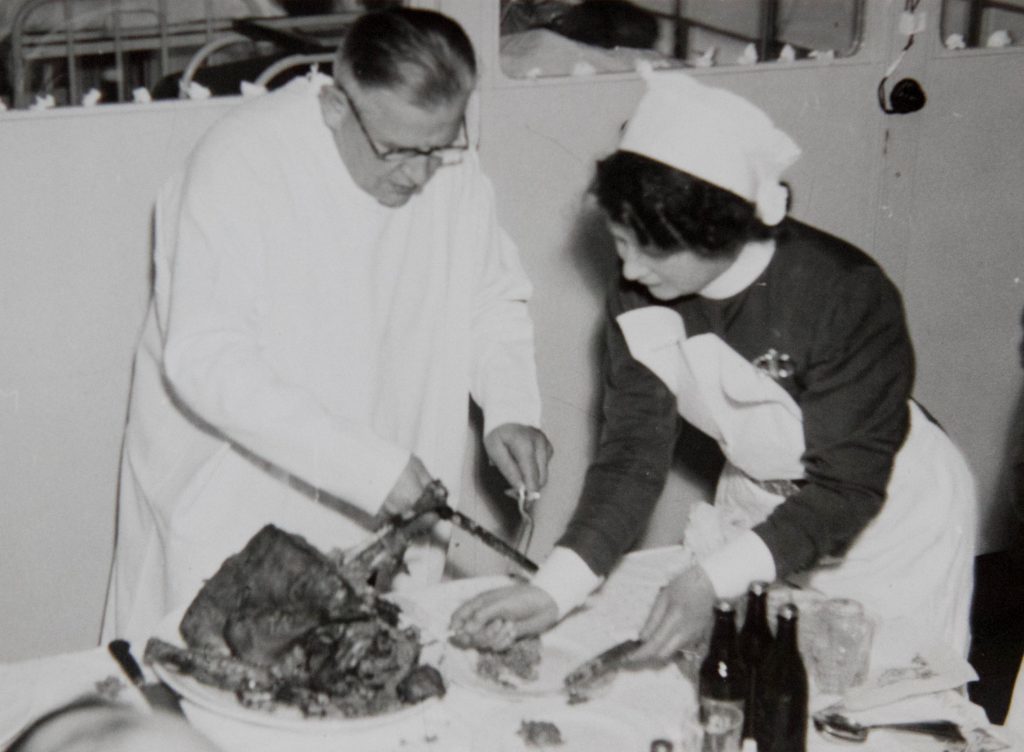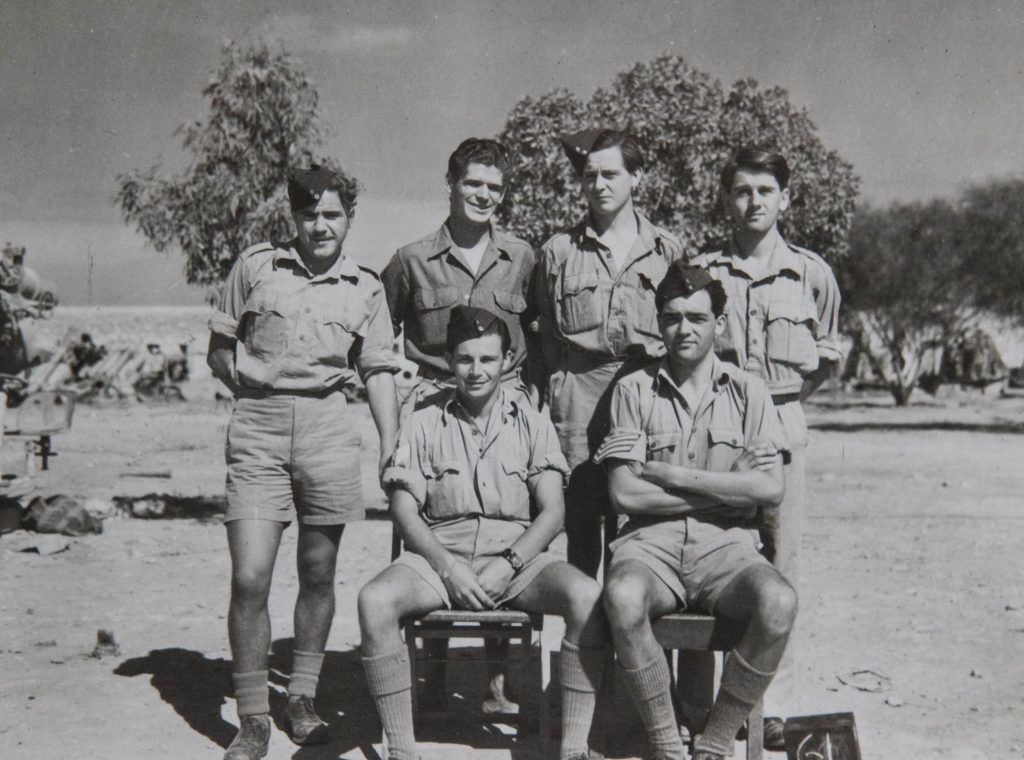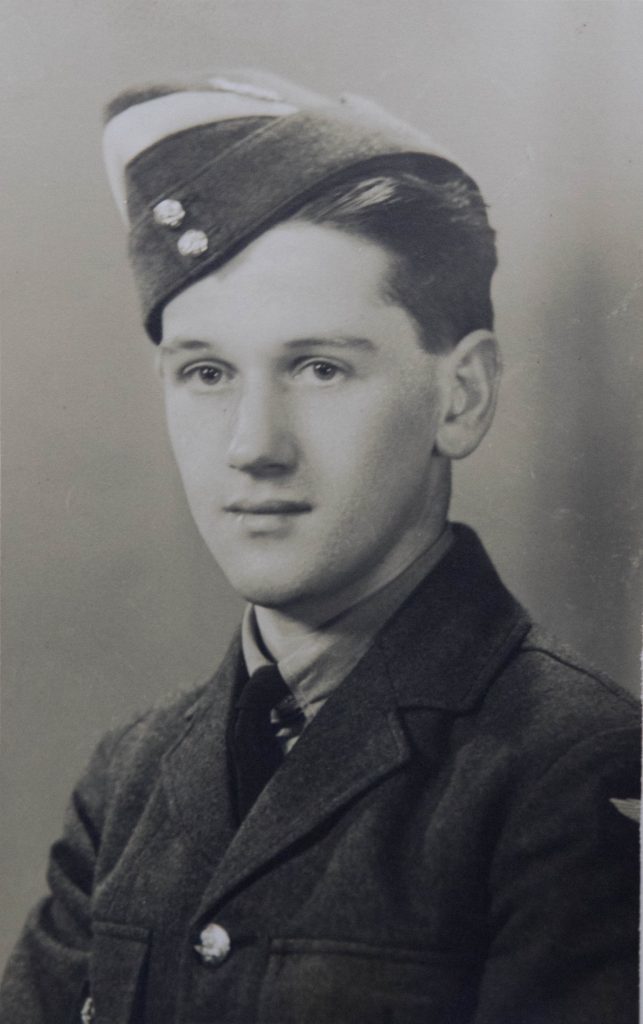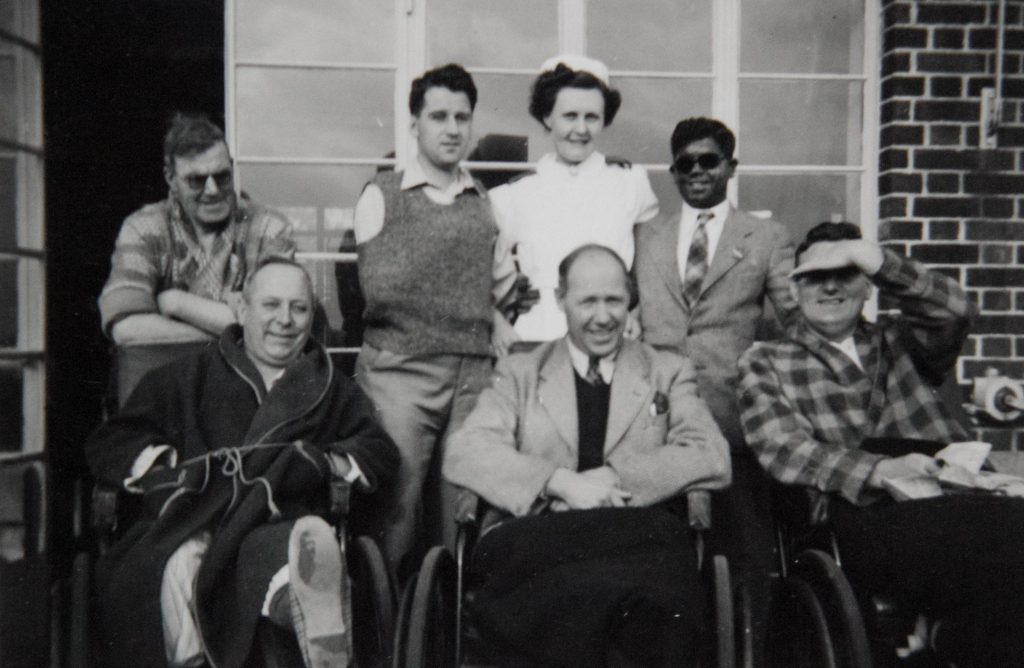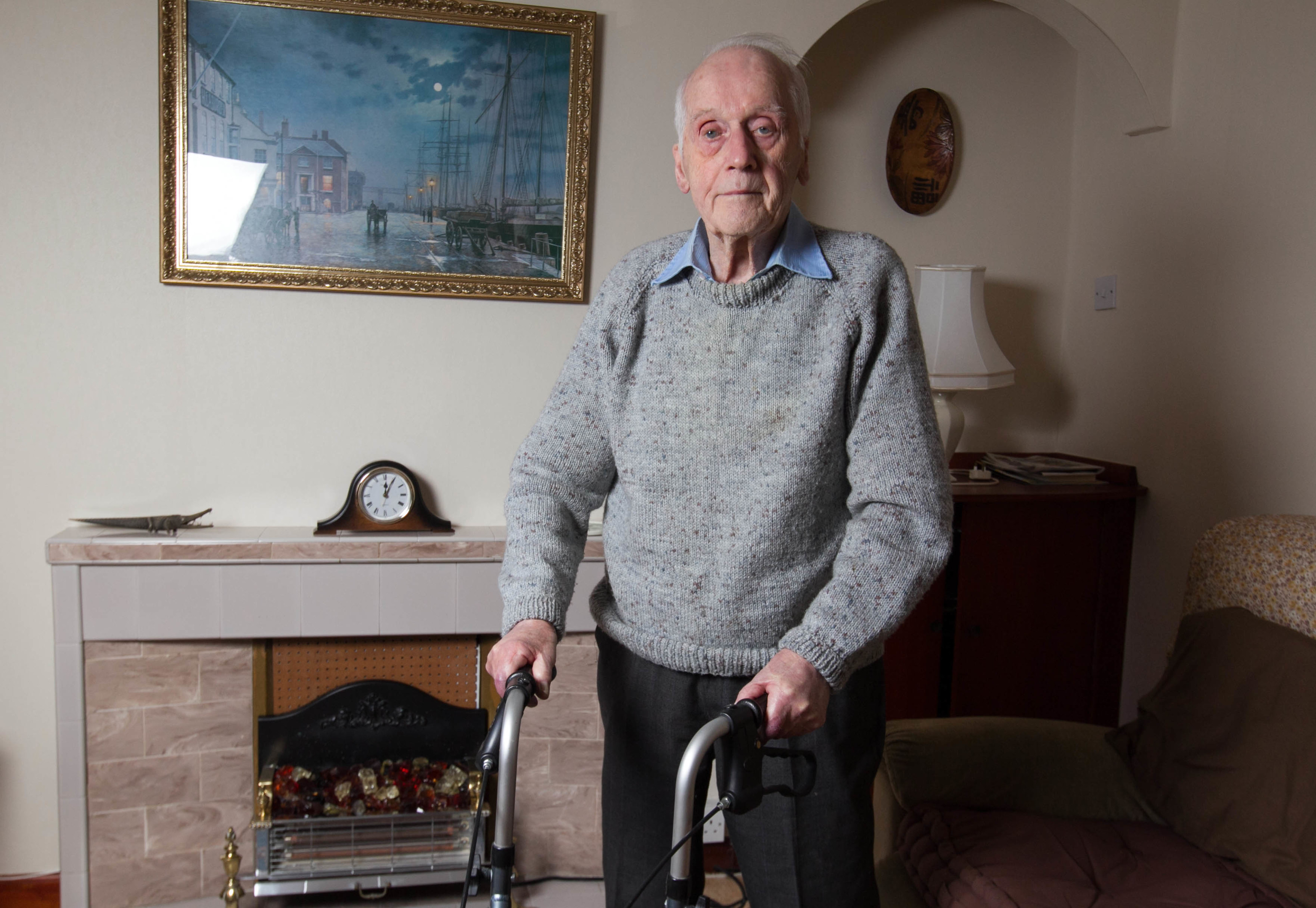
IT is a Second World War heroes club no one wished to join.
The Guinea Pig Club were all airmen who had been badly burned, often in devastating air crashes.
They got their name because of the pioneering plastic surgery performed on them was at the time completely experimental.
Now Scotland has just one known member left, 94-year-old Jim Marshall, who is telling his story for the first time.
His terribly burned hands were attached to his chest in order to allow a skin graft to take, after he survived an horrific 1945 air crash.
Sitting in his Ayrshire coastal home today, he is in very good health.
The former RAF navigator is the only survivor of a aircraft which crashed in Cervia, north east Italy, while on an air-sea rescue mission for lost aircrew.
During the fruitless search one of the two engines of his Wellington bomber failed and the pilot tried to control it for 30 minutes but eventually crash-landed in woods.
The aircraft broke up and Jim was thrown clear, but his crew perished.
He lost consciousness but recovered to find his clothes on flames.
Half his body was burned and his face was saved only because he landed on his front.
Jim said: “I managed to tear my lifejacket and burning clothes off.”
His shoulders, arms and shoulders and hands had the worst burns.
Italian soldiers from a nearby camp rushed to help. Carefully, they loaded him on to an open lorry to take him to a local convent.
Jim remembers: “I can remember the searing hot sun on my burns and calling out for some shade. The soldiers covered my hands and face with a hanky to help protect me.
“When I arrived at the convent I was wearing just one shoe as I walked to meet the nuns.
“They wrapped me in paper bandages and I was sent to 66 British General Hospital in Rimini.”
“I was in a ward with Russians beside me, also being treated for burns,” Jim remembers.
“I couldn’t lie down at all and had to sleep sitting up.
Jim’s parents were told of their son’s survival, but they were told not to tell him his crew had died.
“I had often asked how they were but after a few vague answers from the nurses soon realised they had died,” Jim said.
“It was war and you had to accept the pain of losing crew members who had become good friends.
“Five weeks later I was flown to a specialist maxillifacial unit in Bari but my wounds became infected and I had to be isolated.
“I was then transferred RAF Halton hospital in the UK for nine months where I had many skin grafts.
“There was a relaxed atmosphere there and we were free to come and go as we pleased.
“I left to study engineering science for three years and returned to become a patient a the pioneering burns unit in East Grinstead. West Sussex.
There, plastic surgeon Archibald McIndoe, a Kiwi of Scots descent, attached Jim’s hands on to his chest for three weeks to keep skin grafts alive.
The 38 Squadron navigator had become an official member of The Guinea Pig Club of burned airmen.
They were the first to receive groundbreaking treatment, some of which is still used by surgeons today.
“It did feel a bit odd at the time but I knew I was in good hands,” Jim remembers.
“I often think that I have been incredibly lucky to have survived.
“I gave myself 15 minutes to get my burning clothes off and survive the crash.”
The miracle surgery also allowed Jim to become an engineer after the war.
He travelled back to Italy to the graves of his fallen aircrew.
“The airmen who died were young men, mostly in their early 20s.”
The camaraderie forged among the airmen through the Guinea Pig Club was to make them friends for life.
Regular reunions allowed them to keep friendship going to this day, though numbers have dwindled as members passed away.
The club was formed by the airmen in 1941 as a social club to help them regain confidence.
They named Archibald McIndoe president, calling him The Maestro.
Jim’s niece Margaret, a language teacher from Kirkintilloch, East Dunbartonshire, said: “Jim’s story is truly remarkable.
“He has always played down his injuries but we know they were extensive.
“We can learn so much from how much people like Jim learned to face life and survive.”

Enjoy the convenience of having The Sunday Post delivered as a digital ePaper straight to your smartphone, tablet or computer.
Subscribe for only £5.49 a month and enjoy all the benefits of the printed paper as a digital replica.
Subscribe